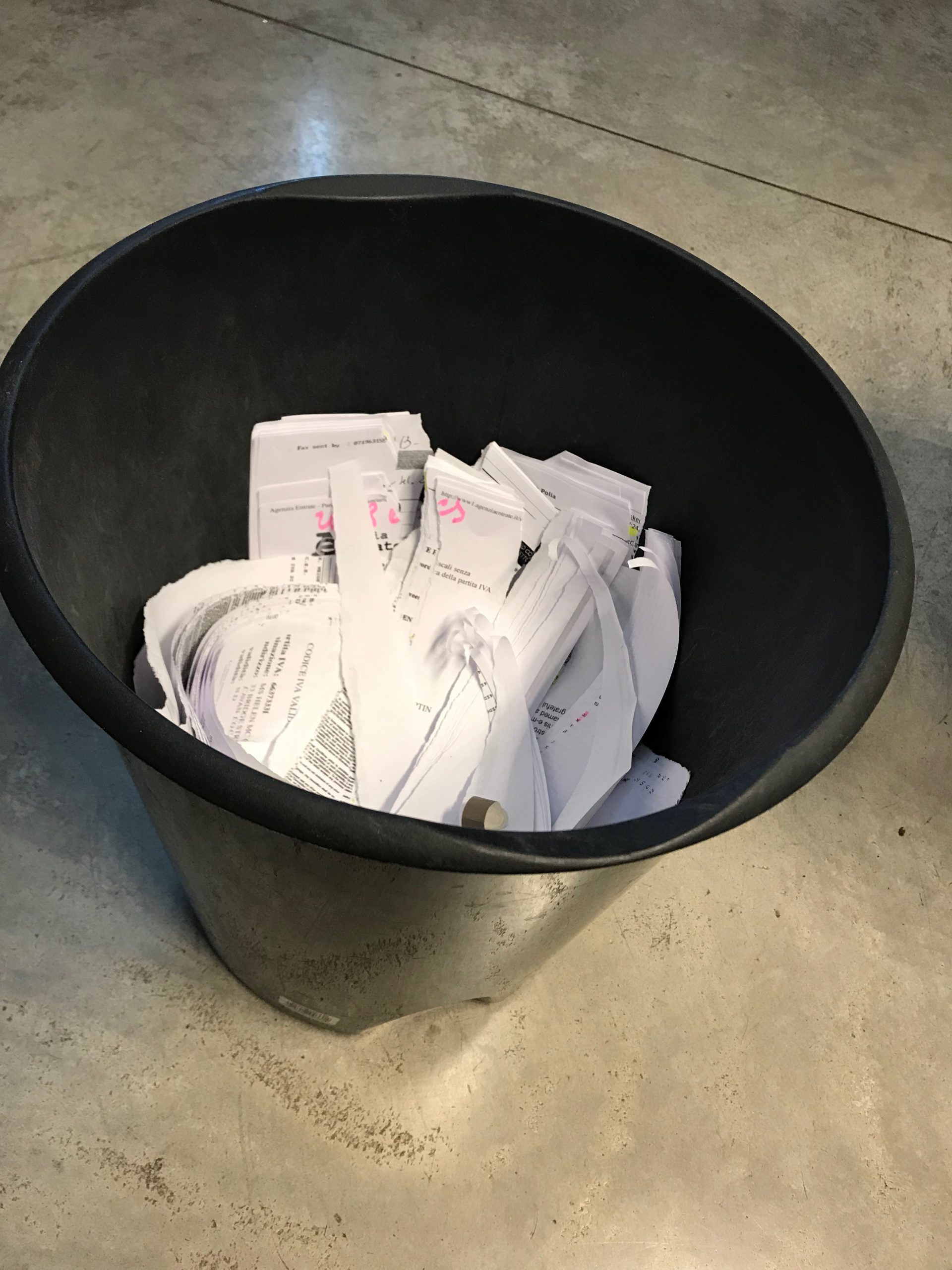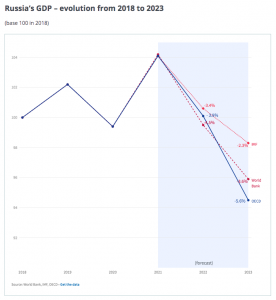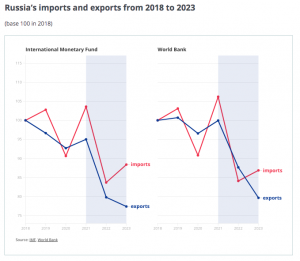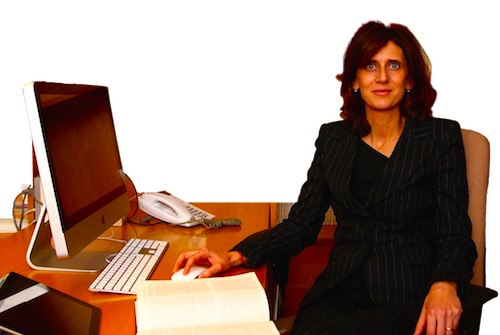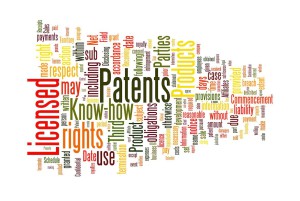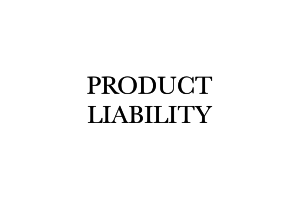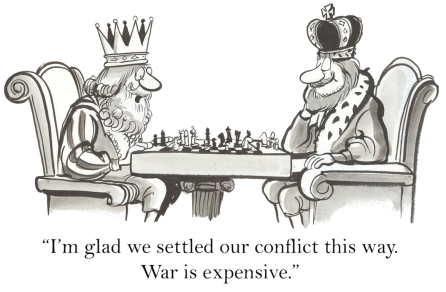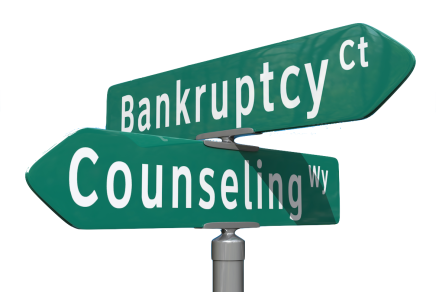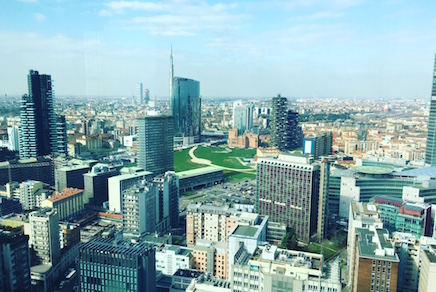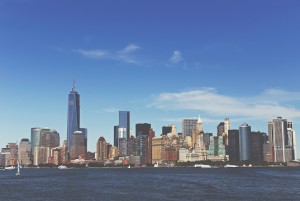It is frankly sad that a Russia, a nation so important for the history of Europe seems now gone apart. A pariah to the Western world. Centuries of contributions in terms of culture, business, literature, arts, etc. seem to have vanished; obliterated in memory by the recent terrifying images for a stupid war initiated by an autocrat and his acolytes.
Here’s a resumé of the reactive measures put in place by the European Union in response to invasion of Ukraine. Please consider that said measures add to existing ones, imposed since 2014 following annexation of Crimea. Additional sanctions have been adopted also against Iran and Belarus on account of their support to Russia initiative.
Basically, the EU sanctions are twofold:
-
individual sanctions aimed to individual and organizations mainly involved in this bad venture;
-
general sanctions relating to EU/Russia bilateral trade
Individual sanctions
These sanctions mainly consist in travel ban, and asset freezing[1].
There are now some 1.400 subjects under sanctions, and the list is possibly becoming larger day by day.
Among individuals, there are Mr V. Putin, or course, and also some outstanding personalities such as Mr. S. Lavrov, the Russia Minister of Foreign Affairs; V. Yanukovych, the forms president of Ukraine; the members of Duma, the Russia parliament lower chamber; and a plethora of less known colluded people such as high-ranking officials in the Army, oligarchs, media propagandists, businesspersons, …
Among organizations, there are banks and financial institutions, companies, paramilitary groups, media groups.
Trade sanctions
These relate to both import and export of given products/services[2]. The EU, however, has tried so far to exclude form embargo the products primarily intended for consumption and those related to health, pharma, food and agriculture.
On the export side, Russia has become a prohibited land not only for a large number of goods/services that can contribute to the advance, and maintaining a decent level of industrial efficiency (logistics included); but also luxury and goods common use that may “generate significant revenues for Russia thereby enabling its actions destabilizing the situation in Ukraine”.
On the import side, it is forbidden to import from Russia product such as crude or refined oil (with some exceptions), coal, steel, gold, … Recently a price cap of $60/barrel has been set on oil still not banned.
Here’s the list (reference is to EU Reg. 833/14[3]):
-
export ban on “dual-use” products/technologies (Art. 2)[4]
-
export ban on “quasi-dual-use” products/technologies referred to in Annex VII[5]e. “goods and technology that might contribute to Russia’s military and technological enhancement, or the development of the defence and security sector” (Art. 2a)
-
prohibition on providing public financing or financial assistance for trade with, or investment in Russia (Art. 2e)
-
prohibition on facilitating radio TV broadcasting of certain Russian channels listed in All. XV[6] (art. 2f)
-
export ban on products/technologies for extractive sector in All. II[7] (Art. 3)
-
ban on investments in the energy sector (Art. 3a)
-
export ban on products/technologies for oil and gas processing sector (Art. 3b)
-
export ban on products/technologies for aviation-space industry sector as per All. XI[8] and XX[9] (Art. 3c) and ban on Russian aircraft overflying and parking (Art. 3d)
-
Ban on export of products/technologies for maritime navigation sector as per All. XVI[10] (Art. 3f) and ban on access to ports of Russian ships (Art. 3ea)
-
Import ban on goods for steel sector in All. XVII[11] (Art. 3g)
-
export/import ban on luxury goods in All. XVIII[12] (Art. 3h)
-
export/import ban on goods that “generate significant revenues for Russia thereby enabling its actions destabilizing the situation in Ukraine” referred to in All. XXI[13] (art. 3i)
-
import ban on coal and other fossil fuels in All. XXII[14] (art. 3j)
-
ban on export of goods and technology “which could contribute in particular to the enhancement of Russian industrial capacities” in All. XXIII[15] (Art. 3k)
-
ban on activities in EU of Russian road transport companies (art. 3l)
-
ban on import, and support on import in EU of Russian crude oil and petroleum products as listed in Annex XXV[16] (art. 3m and 3n)
-
ban on import, and support on import in EU of Russian gold as listed in Annex XXVI[17] (art. 3o)
-
ban on technical assistance on military equipment (art. 4)
-
ban on providing financial services (art. 5)
Needless to say, trade sanctions apply to both DIRECT, and INDIRECT transactions.
There is a debate about effectiveness of sanctions and their collateral damages. It’s an old story (think of the US embargo against Cuba). As for the Russia economia, forecasts for 2022 and 2023 have been recently released by WB, IMF and OECD, and they all anticipate a steep decrease in GDP.
Here’s a couple of charts of particular impact (courtesy of the European Council):
It really sounds as El otoño del patriarca.
Those who are interested in receiving (free) copy of documentation mentioned above, please write to newsletter@lexmill.com.
____________
[1] EU Regulation no. 269/14 e Decision no. 145/14 of 17/03/2014 (consolidated version at 14/11/2022).
[2] EU Regulations no. 833/14 of 31/07/2014) and no. 692/14 of 23/06/2014, (consolidated version at 04/12/2022).
[3] This generally includes the enunciation of the ban referring to a certain sector, possible exemptions either special, or general exemptions (e.g., for humanitarian purposes, emergency situations, …). The export ban generally also includes a ban on giving technical assistance, brokering, financial support, insurance, …. An investment ban includes the opening of new businesses, equity participation, financial support and the like.
[4] They are listed in annex I to EU Reg. 2021/821, last amended by EU Reg. 2022/1.
[5] Hardware and software, but also ball bearings, pipes, … (pages 72-131 consolidated text).
[6] Page 146 consolidated text.
[7] Pipelines, pumps, drills, platforms, … (pp. 59-60 consolidated text).
[8] Page 142 consolidated text.
[9] Pages 183-183 consolidated text
[10] Ships, … (p 147 consolidated text).
[11] Coils, sheets, profiles, pipes, … (pp. 148-164 consolidated text)
[12] Caviar, truffles, wines, liquor, clothing, shoes, jewelry, furniture, home appliances, cameras, cars, watches, musical instruments, art objects, sports equipment, … (pp. 165-180 consolidated text)
[13] Miscellaneous (shellfish, tires, hydrocarbons, fertilizers, glass, cements, metals, ships, furniture, …) (pp. 184-195 consolidated text)
[14] Page 196 consolidated text.
[15] Miscellaneous (bulbs and plants, salts and other chemicals, paints, glazes and fillers, sanitary ware, rubber, wood, paper, cloth, glass, metals, pumps, machinery, transformers, …) (pp. 197-232 consolidated text).
[16] Page 234 consolidated text.
[17] Page 235 consolidated text.

